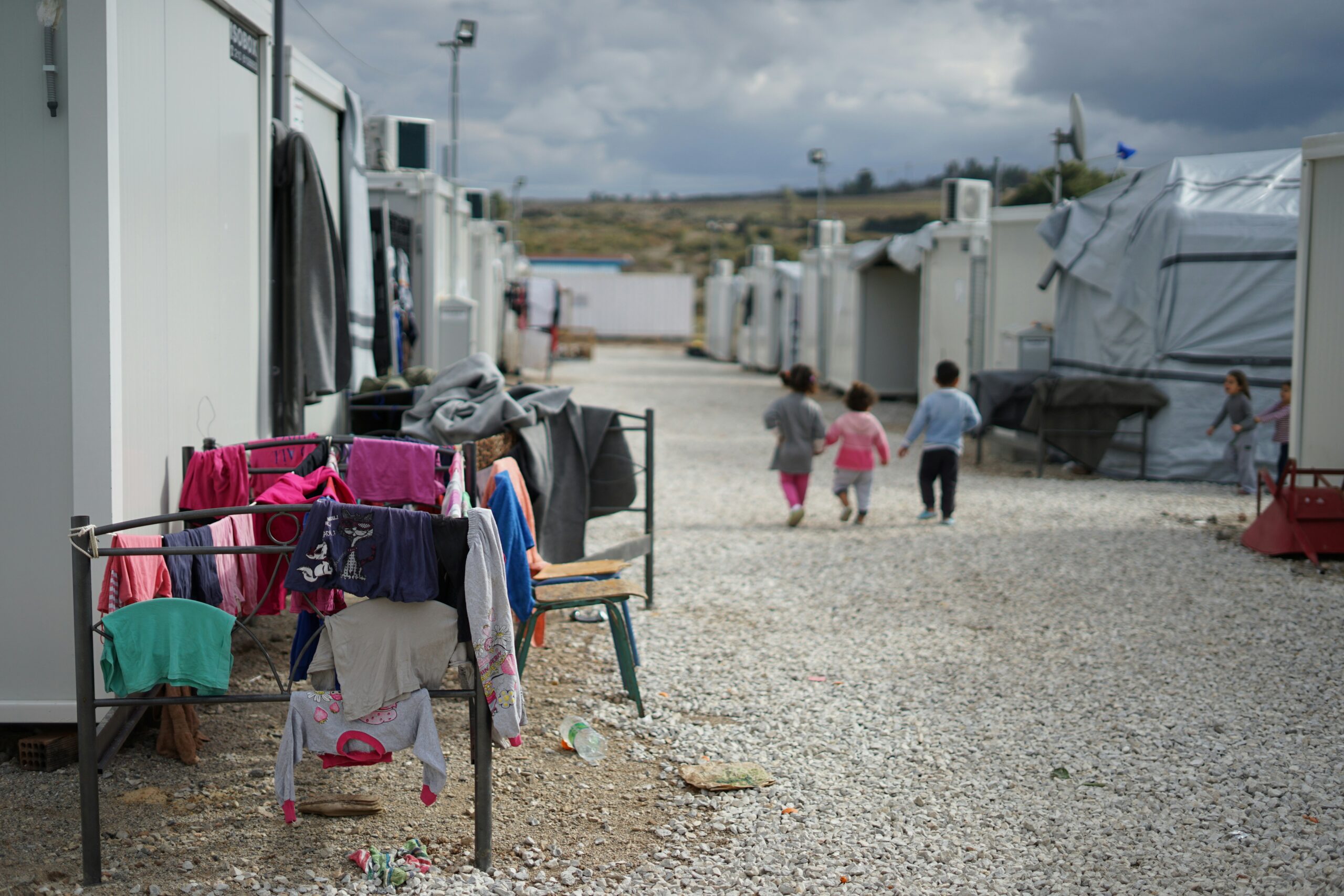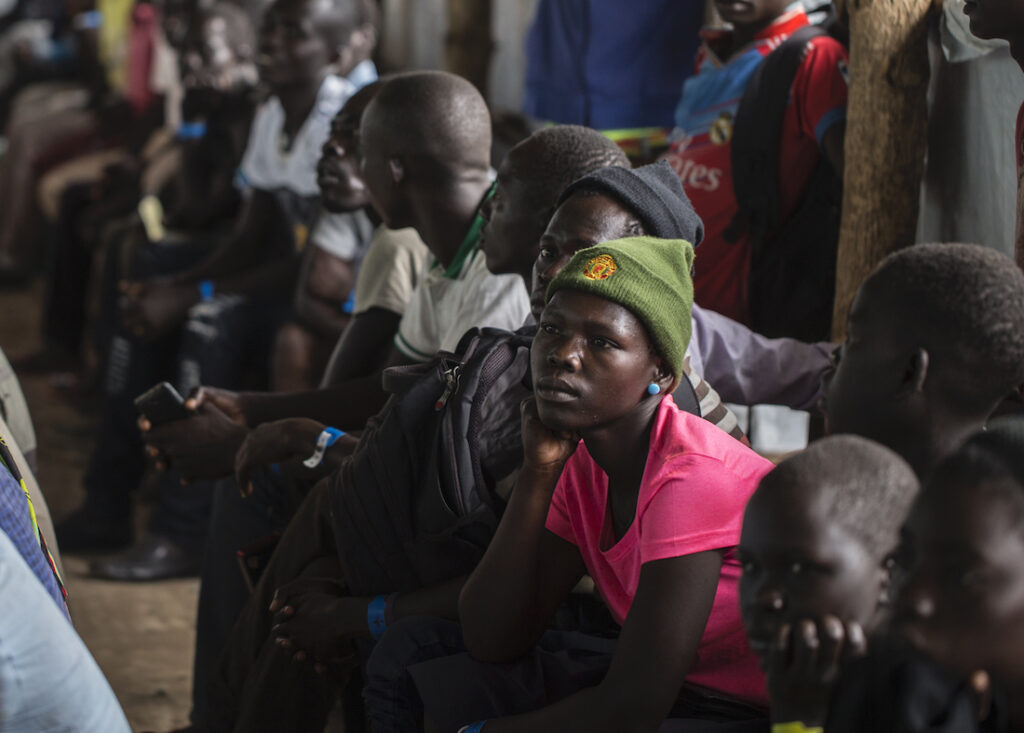Education is a powerful tool for empowerment and transformation, especially for refugees who have been displaced from their homes and communities. Among the many refugee populations worldwide, Sudanese refugees face unique challenges due to the prolonged conflicts and instability in their homeland. As these individuals and families seek safety and stability in new countries, access to quality education becomes a critical need. Educational programs supporting Sudanese refugees are essential not only for their personal development but also for fostering social integration and long-term community resilience.

Challenges Faced by Sudanese Refugees in Accessing Education
Sudanese refugees encounter a multitude of obstacles in their pursuit of education. These challenges range from language barriers and cultural differences to financial constraints and psychological trauma. One of the most pressing issues is the disruption of education due to displacement. Many Sudanese children and youth have experienced interrupted schooling, leading to significant gaps in their learning.
Language
It is another major barrier. Sudanese refugees often find themselves in countries where the medium of instruction is entirely different from their native languages. This linguistic hurdle can make it difficult for students to grasp new concepts and engage fully in the classroom. Additionally, the cultural differences between their home country and the host nation can create an environment where Sudanese students feel isolated or misunderstood.
Financial Constraints
They also play a critical role. Many refugee families struggle to meet basic needs, and education can become a secondary priority. The costs associated with school supplies, uniforms, and transportation can be prohibitive for families already living in precarious financial situations. Moreover, the psychological impact of fleeing violence and instability cannot be underestimated. Trauma and mental health issues can severely affect a student’s ability to concentrate, learn, and succeed academically.
To address these challenges, various educational programs have been established to support Sudanese refugees. These initiatives aim to provide comprehensive assistance, from language acquisition and cultural integration to financial aid and psychological support.
Key Educational Programs and Initiatives
Language and Literacy Programs
One of the foundational steps in supporting Sudanese refugees is providing language and literacy education. Organizations such as UNHCR and local NGOs have developed language programs tailored to the needs of refugee children and adults. These programs focus on teaching the host country’s language while also offering literacy courses in Arabic to ensure that students do not lose proficiency in their native tongue.
In addition to these initiatives, platforms like essayservice.com psychology essay writers can support students in their higher education journey by providing specialized academic assistance. This can be particularly valuable for Sudanese refugee students who may need extra help with their coursework.
Bridging Programs
Bridging programs are designed to help refugee students transition smoothly into the formal education system of their host countries. These programs often include preparatory courses that cover core subjects like math, science, and social studies. By offering these courses, bridging programs aim to fill educational gaps and bring students up to speed with their peers.
Trauma-Informed Education
Recognizing the profound impact of trauma on learning, many educational programs incorporate trauma-informed approaches. These initiatives train educators to recognize and address the signs of trauma in students. Schools and educational centers often employ counselors and psychologists who work with students to provide the emotional support needed for academic success.
Scholarships and Financial Aid
Financial barriers are a significant impediment to education for Sudanese refugees. To mitigate this, various scholarships and financial aid programs have been established. These programs provide funding for school fees, supplies, uniforms, and transportation. Some notable organizations offering such support include Save the Children and the International Rescue Committee (IRC).
Community-Based Education
In situations where formal schooling is not immediately accessible, community-based education programs play a crucial role. These programs are often organized by refugee communities themselves and can take place in informal settings such as community centers or even homes. They provide basic education and life skills training, ensuring that learning continues even in the absence of formal schools.
Higher Education Initiatives
Access to higher education is another critical area of focus. Programs like the DAFI (Albert Einstein German Academic Refugee Initiative) Scholarship Program provide Sudanese refugee students with opportunities to pursue university degrees. These initiatives not only cover tuition fees but also offer mentorship and career guidance to help students succeed in their academic and professional endeavors.

Case Studies and Success Stories
The Success of the Kakuma Refugee Camp Education Program
Kakuma Refugee Camp in Kenya is home to a significant population of Sudanese refugees. The education program at Kakuma has been a beacon of hope for many young refugees. Managed by UNHCR in partnership with various NGOs, the program offers primary, secondary, and even tertiary education. One notable success story is that of Amina, a Sudanese refugee who arrived in Kakuma as a young girl. Through the camp’s education program, she completed her secondary education with top grades and earned a scholarship to study at a university in Nairobi. Amina’s story is a testament to the transformative power of education and the effectiveness of comprehensive support systems in refugee camps.
The Jesuit Refugee Service (JRS) Education Initiatives
The Jesuit Refugee Service (JRS) has been instrumental in providing education to Sudanese refugees in various countries, including Uganda and South Sudan. JRS’s holistic approach includes not only academic education but also vocational training and psychosocial support. In Uganda, JRS’s program in the Adjumani refugee settlement has seen remarkable success. One such example is John, a Sudanese teenager who benefited from JRS’s vocational training program. With skills in carpentry, John was able to start a small business within the settlement, supporting his family and contributing to the local economy.
The Impact of Windle Trust International
Windle Trust International focuses on providing education to refugees and disadvantaged communities in East Africa. Their scholarship program has helped many Sudanese refugees access secondary and higher education. A standout story is that of Miriam, a Sudanese refugee who received a Windle Trust scholarship to attend a prestigious secondary school in Uganda. Excelling in her studies, Miriam went on to secure a university scholarship. Today, she is pursuing a degree in medicine, aiming to return to her community as a doctor to help others in need.
Digital Learning with Kiron Open Higher Education
Kiron Open Higher Education offers online courses to refugees worldwide, including Sudanese refugees. By leveraging digital technology, Kiron provides access to higher education without the barriers of geographic location. Sarah, a Sudanese refugee in Germany, is one of the beneficiaries of Kiron’s program. Despite the challenges of displacement, Sarah has been able to pursue her passion for computer science through Kiron’s online platform. Her story illustrates the potential of digital education to break down barriers and create new opportunities for refugees.
Local Community Efforts: The Nuba Mountains Fund
In the Nuba Mountains region, a local initiative known as the Nuba Mountains Fund has been providing educational support to Sudanese refugees. This community-driven program focuses on primary education, offering scholarships and school supplies to children who might otherwise be unable to attend school. Ahmed, a young boy from the region, was one of the first recipients of the fund’s support. Today, he is excelling in his studies and dreams of becoming a teacher to give back to his community.
These case studies and success stories highlight the diverse and impactful efforts being made to support the education of Sudanese refugees. They demonstrate that with the right support, refugee students can overcome significant challenges and achieve remarkable success.
Conclusion
Educational programs supporting Sudanese refugees play a vital role in addressing the numerous challenges faced by this vulnerable population. From language barriers and financial constraints to trauma and disrupted schooling, the hurdles are significant. However, with targeted and comprehensive educational initiatives, these challenges can be mitigated, allowing Sudanese refugees to achieve their full potential.
The success stories from programs like those at Kakuma Refugee Camp, the Jesuit Refugee Service, Windle Trust International, Kiron Open Higher Education, and local initiatives such as the Nuba Mountains Fund highlight the profound impact of education on individual lives and communities. These programs not only provide academic knowledge but also offer vocational training, psychosocial support, and pathways to higher education, creating a holistic support system for refugee students.
Future Directions
Looking ahead, there are several key areas where efforts can be intensified to further support the education of Sudanese refugees:
- Scaling Digital Education: The success of initiatives like Kiron Open Higher Education underscores the potential of digital learning. Expanding access to online courses and digital resources can provide flexible and scalable educational opportunities for refugees in various locations.
- Strengthening Community-Based Education: Community-driven education programs have proven effective in contexts where formal schooling is not immediately accessible. Supporting and scaling these grassroots initiatives can ensure continuous learning and skill development for refugee children and adults.
- Enhancing Teacher Training: Investing in the training of educators to handle the unique needs of refugee students, particularly through trauma-informed approaches, is crucial. Teachers equipped with the right skills can significantly improve the learning outcomes and emotional well-being of their students.
- Increasing Financial Support: Expanding scholarships and financial aid programs can alleviate the economic barriers that prevent many refugee families from prioritizing education. This includes not only covering tuition but also providing for associated costs like school supplies, transportation, and uniforms.
- Policy Advocacy: Advocating for policies that support the integration of refugee students into national education systems is essential. Governments and international organizations like humanitarian organizations must work together to create inclusive policies that recognize the right of every child to education, regardless of their refugee status.
- Collaborative Partnerships: Strengthening partnerships between governments, NGOs, community organizations, and the private sector can create a more coordinated and effective response to the educational needs of Sudanese refugees. Collaborative efforts can pool resources, share best practices, and ensure that programs are sustainable and impactful.